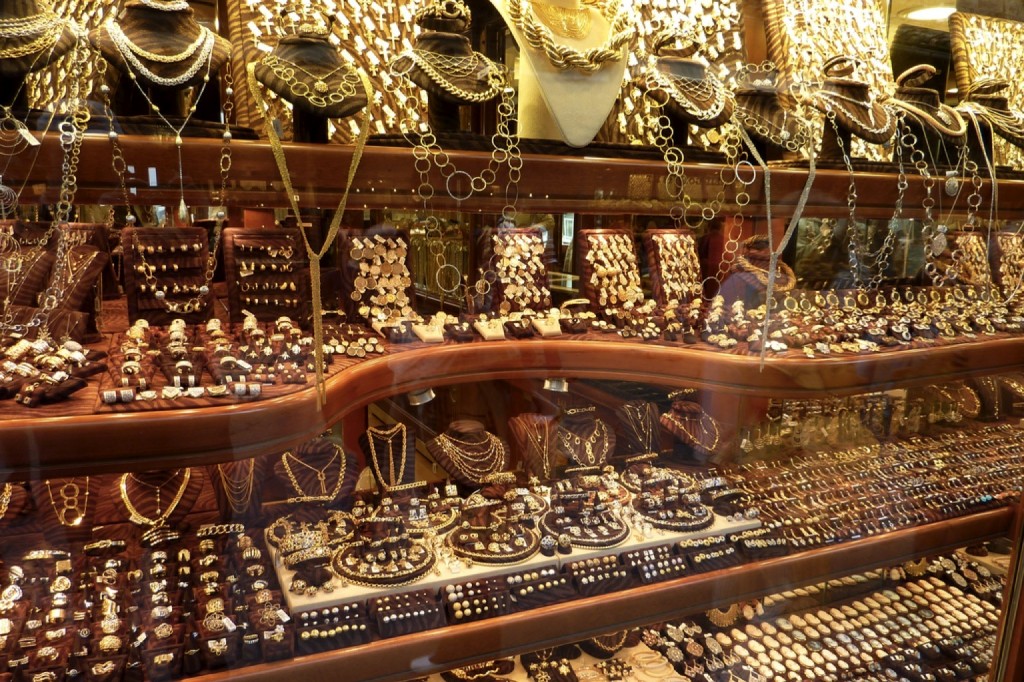
MUMBAI/BENGALURU, March 23 (Reuters) – Physical gold demand in Asian hot spots slouched this week as higher global prices made buyers hold off on purchases and as discounts in India widened to their highest in 6-1/2 months.
“Demand is very weak. At the current price level, retail buyers and jewellers are not making purchases,” said Ashok Jain, proprietor of Mumbai-based wholesaler Chenaji Narsinghji.
Dealers in India were offering a discount of up to $7 an ounce over official domestic prices, compared with a $3 discount last week. The domestic price includes a 10 percent import tax.
In the local market, gold was trading at around 30,800 rupees per 10 grams on Friday, not far from a 15-month high of 30,839 rupees hit last month.
“If prices remain at the current level then demand will remain subdued. Imports would be significantly down this month,” said N. Vijay, a bullion dealer from Salem in the southern Indian state of Tamil Nadu.
India’s gold imports in February dropped a quarter from a year ago to 63 tonnes as higher prices curtailed demand in the world’s second-biggest consumer of bullion, provisional data from precious metals consultancy GFMS and bank dealers showed.
In top consumer China, physical gold demand did not see much of a shift from last week due to higher global prices.
Spot gold prices hit their highest in more than a month on Friday as renewed trade war fears between the United States and China dragged the U.S. dollar down, prompting safe-haven buying.
Investors scurried to safety after U.S. President Donald Trump moved towards long-promised anti-China tariffs, prompting a response from China amid fears of a global trade war.
“Physical demand for gold remained low but steady,” said Peter Fung, head of dealing at Wing Fung Precious Metals in Hong Kong.
“Premiums have been at the same level over the last couple of days, indicating that physical demand-wise, the market hasn’t changed too much (from last week).”
Premiums in China remained unchanged from last week at $8 an ounce over benchmark prices, while premiums in Hong Kong hovered around $1 to $1.50 an ounce range, compared with 60 cents to $1.20 an ounce last week.
Meanwhile in Japan, physical demand was weaker than last week as higher prices in the local currency prompted selling, a Tokyo-based trader said.
Premiums were at 50 cents an ounce over benchmark rates, compared with 50 cents to 75 cents last week.
(Reporting by Nithin Prasad in Bengaluru and Rajendra Jadhav in Mumbai; Editing by Subhranshu Sahu)